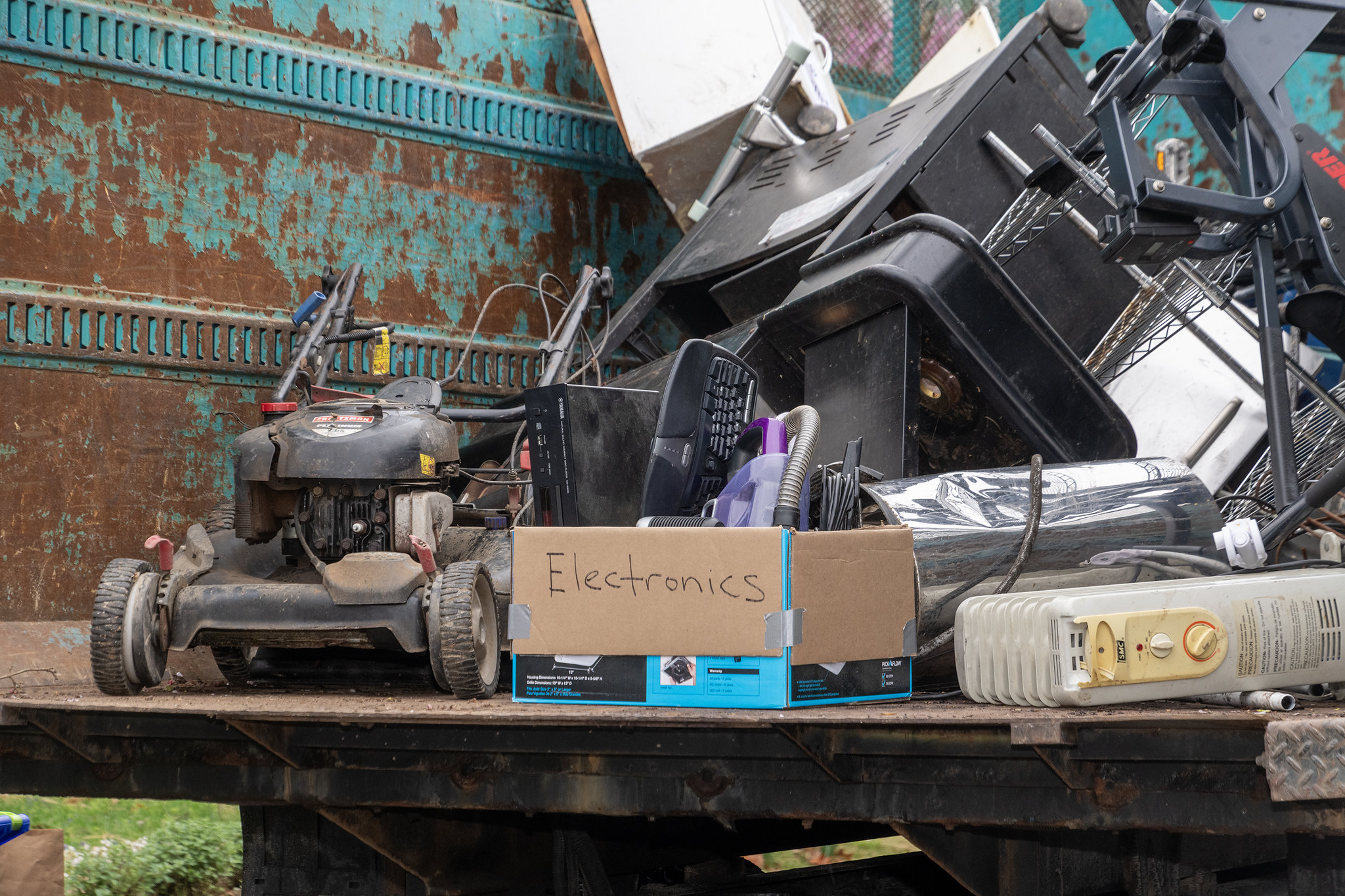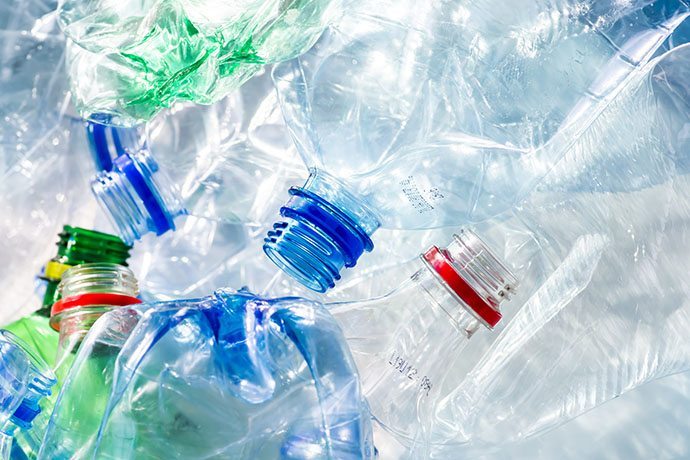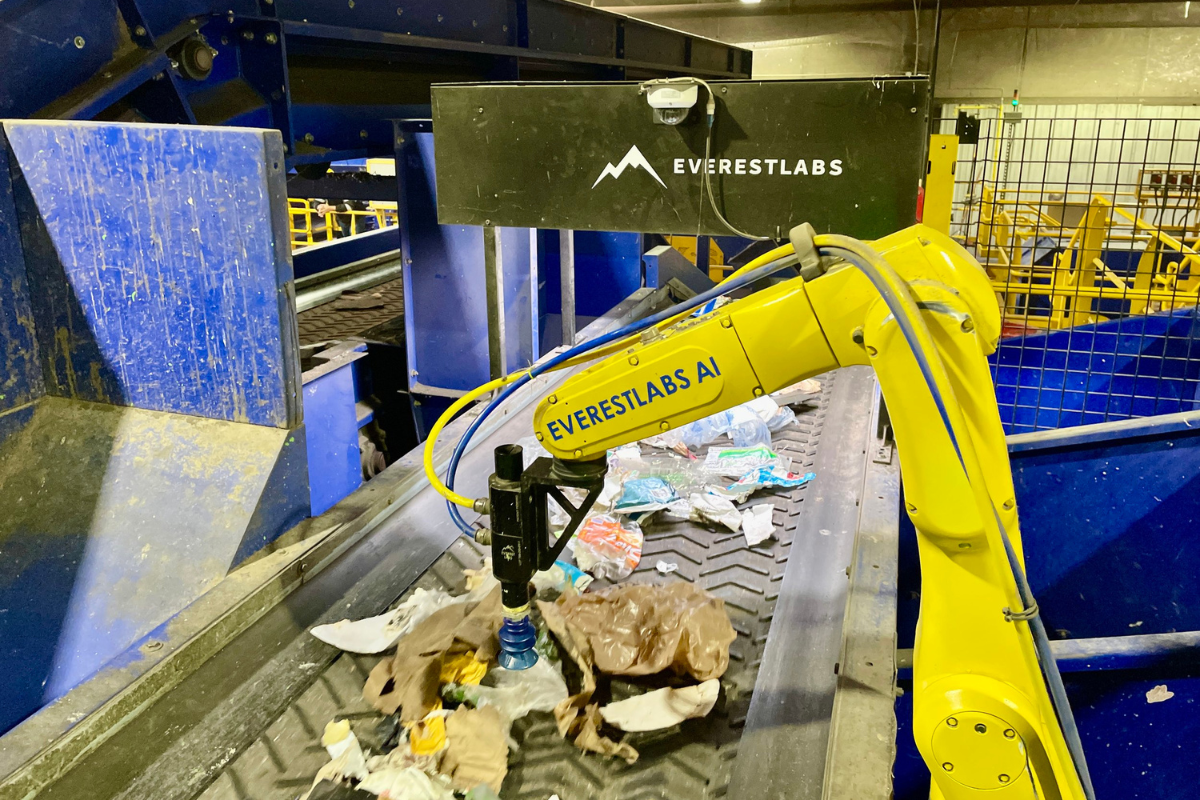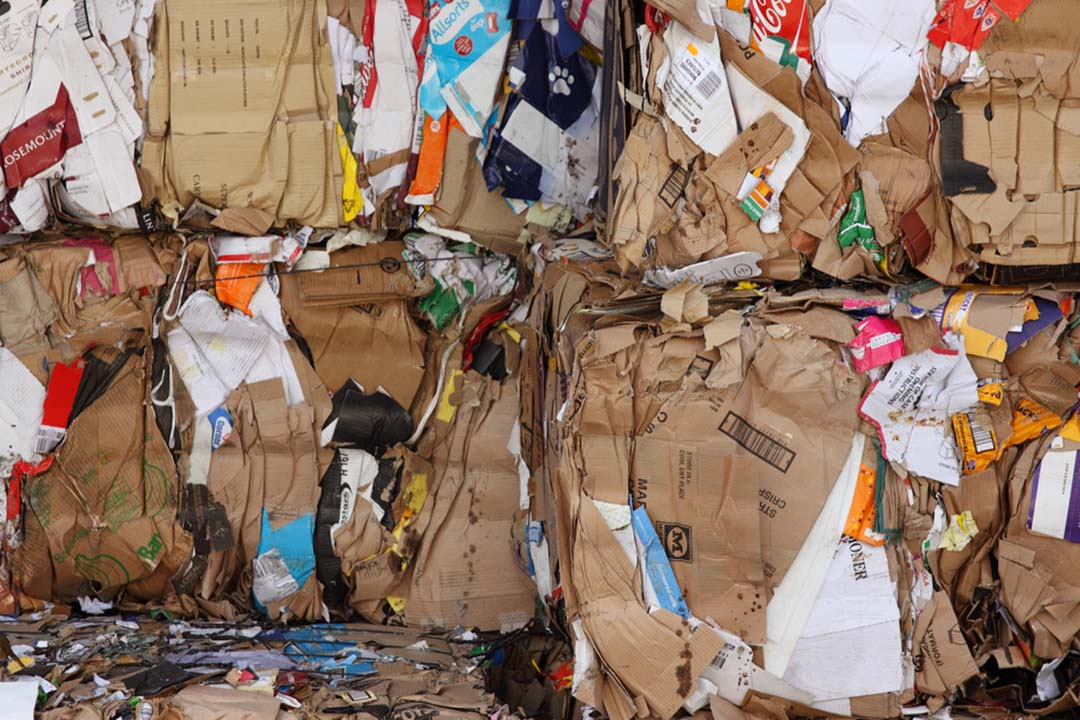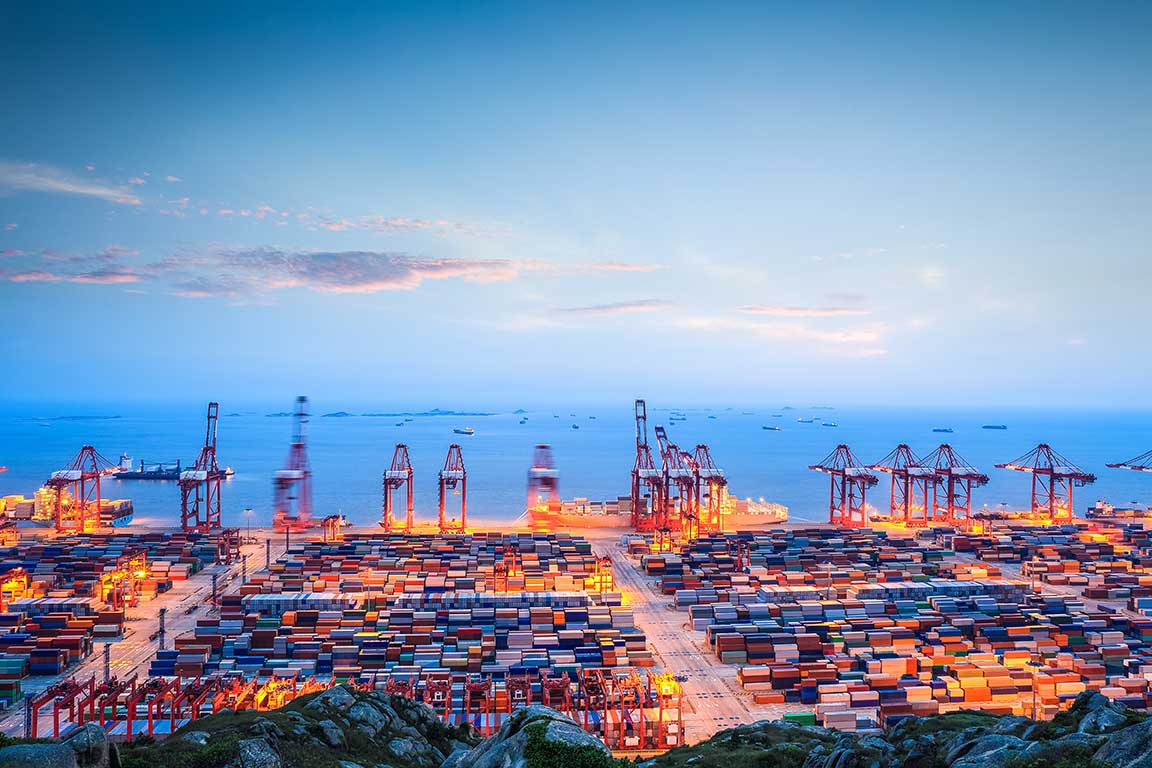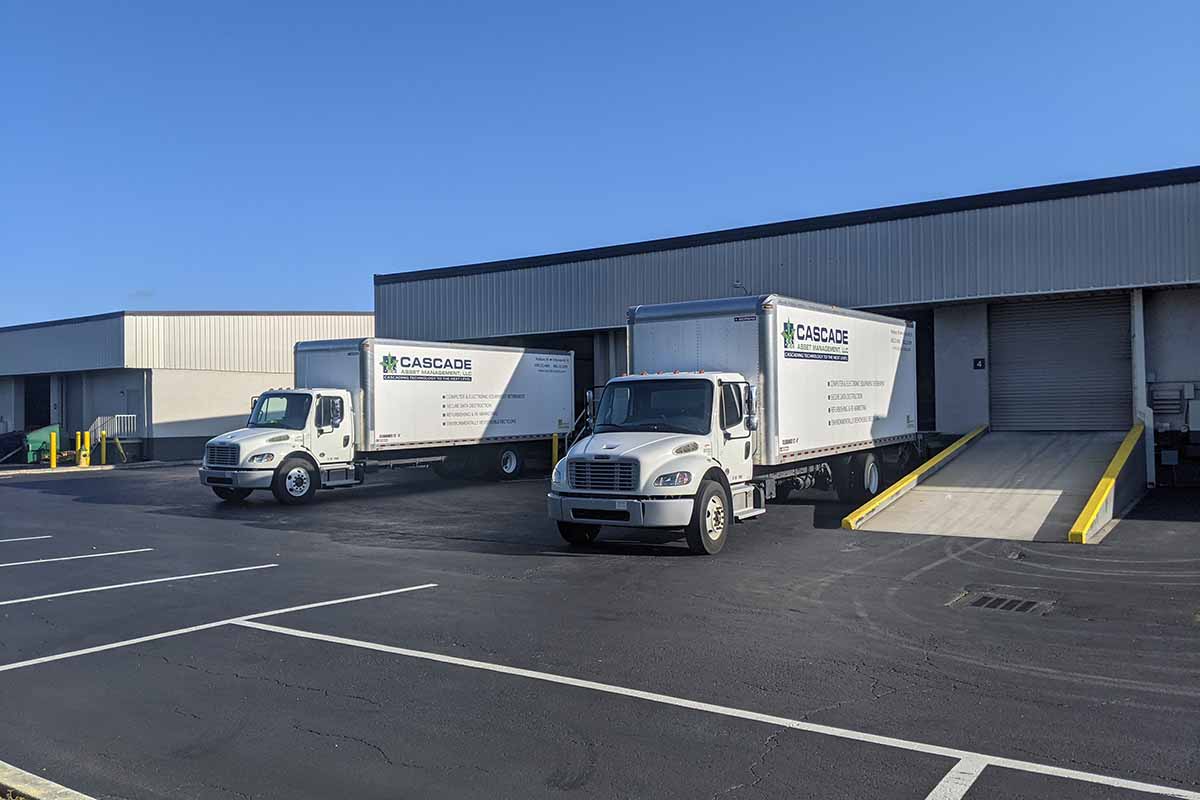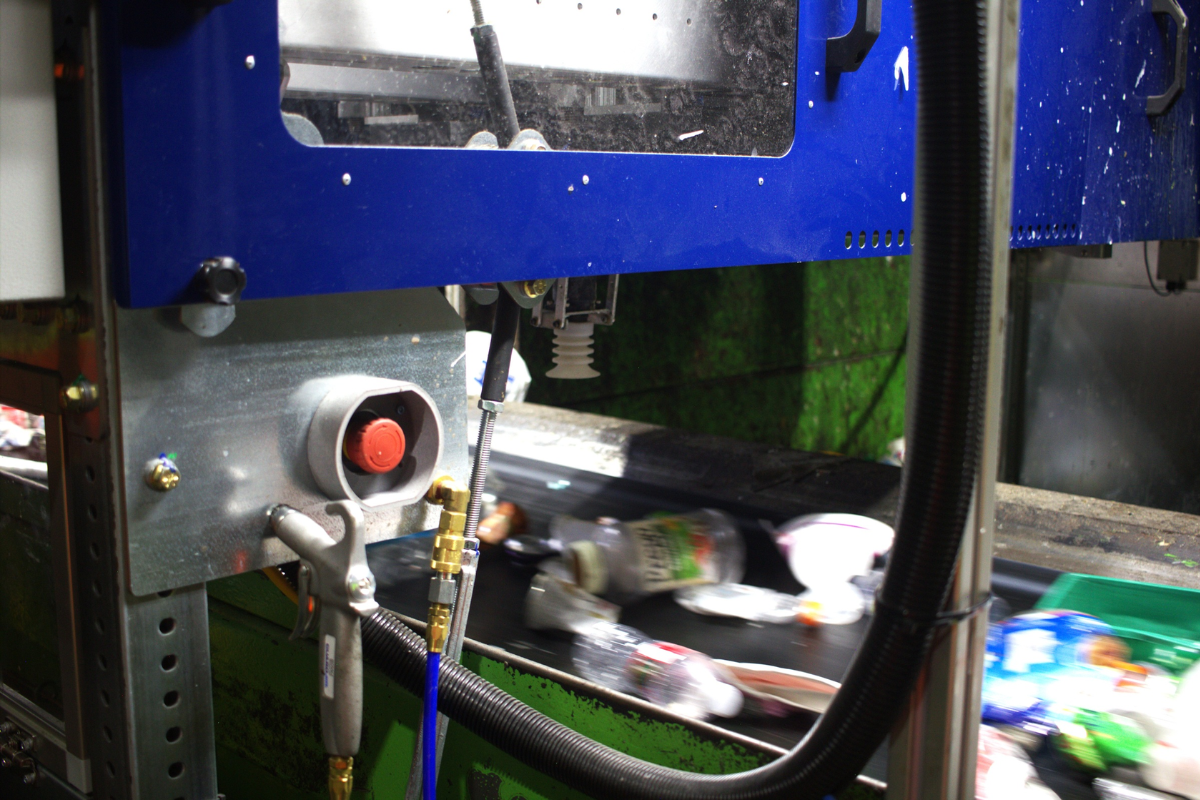
A Glacier robot positioned on the sorting line at Seattle’s King County MRF. | Photo by Colin Staub
A Seattle-area sorting facility operated by Recology has installed imaging and sorting equipment supplied by Glacier, adding another major MRF to the company’s two-dozen customers. Glacier also announced it has raised additional capital that CEO Rebecca Hu-Thrams said will help the company grow further and faster. Continue Reading


 Colin Staub was a reporter and associate editor at Resource Recycling until August 2025.
Colin Staub was a reporter and associate editor at Resource Recycling until August 2025.